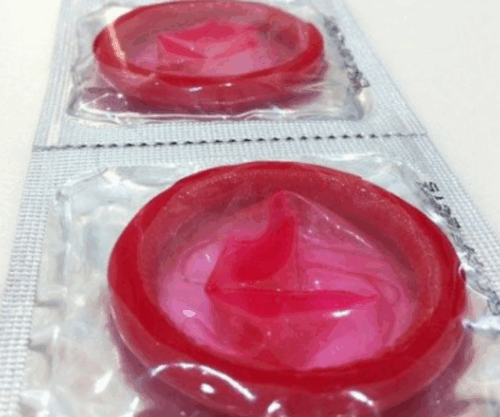
A part of every cell in the body, protein helps us build and repair cells and tissues. It is one of three macronutrients, proving to be quite essential in our lives. If you are not getting your daily dose of protein, here are a few signs showing that you need more.
According to Medical News Today, an adequate protein intake is important for keeping the muscles, bones, and tissues healthy. Sources of protein include legumes, nuts, seeds, lean meat and poultry, seafood, eggs, and soy products.
“Dairy products, such as milk, cheese, and yoghurt also contain protein. Whole grains and vegetables contain some protein, but generally less than other sources,” explains the above-mentioned publication.
Below are five signs showing that you may need to increase your intake of protein explained by WebMD.
Weakness and fatigue
According to research, not eating protein for a week can affect the muscles responsible for your posture and movement. This is especially true for those older than 55 years of age. Over time, a lack of this source of calories can make you lose muscle mass, cutting your strength. A lack of protein will also make it harder to keep your balance and slow your metabolism.
Hungry
“If you want to eat a lot of the time even though you have regular meals, you may need more protein,” explains the health publication. “Studies have found that eating foods with protein helps you feel fuller throughout the day.”
Hair, nail and skin problems
The above is made up of proteins like elastin, collagen, and keratin. When your body does not make enough of these proteins, you could have brittle or thinning hair, dry and flaky skin, and deep ridges on your fingernails. Note that your diet is not the only possible cause of these body changes.
Changes in mood
Chemicals called neurotransmitters are used by the brain to relay information between cells. Many neurotransmitters are made up of amino acids – the building blocks of protein. When there is a lack of protein, your body may not be able to make enough of those neurotransmitters, ultimately changing how your brain works. For example, if you have low levels of dopamine and serotonin, you may feel depressed or overly aggressive.
Slow-healing injuries
If you are low on protein, you will find that your cuts, scrapes, and sprains take longer to heal. “It could be another effect of your body not making enough collagen. It’s found in connective tissues as well as your skin. To make blood clot, you need proteins, too,” notes WebMD.
Also see: 5 Foods to eat that helps the heart




